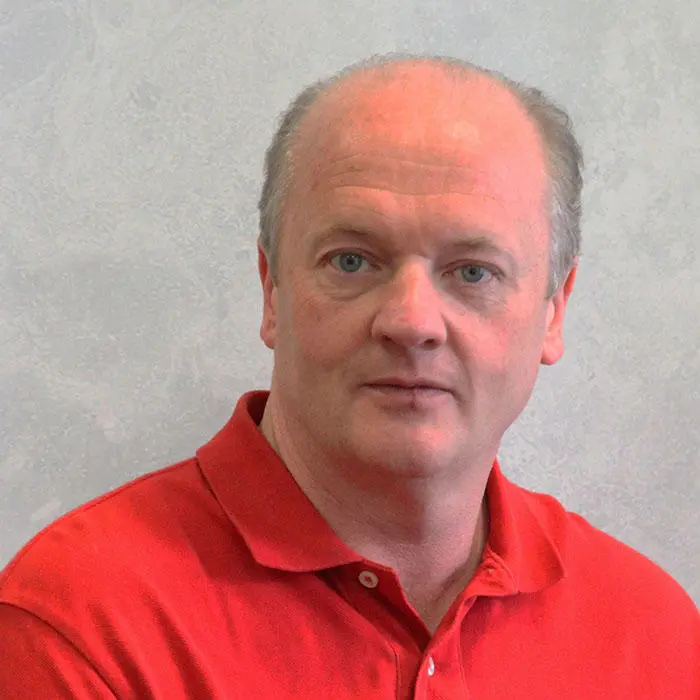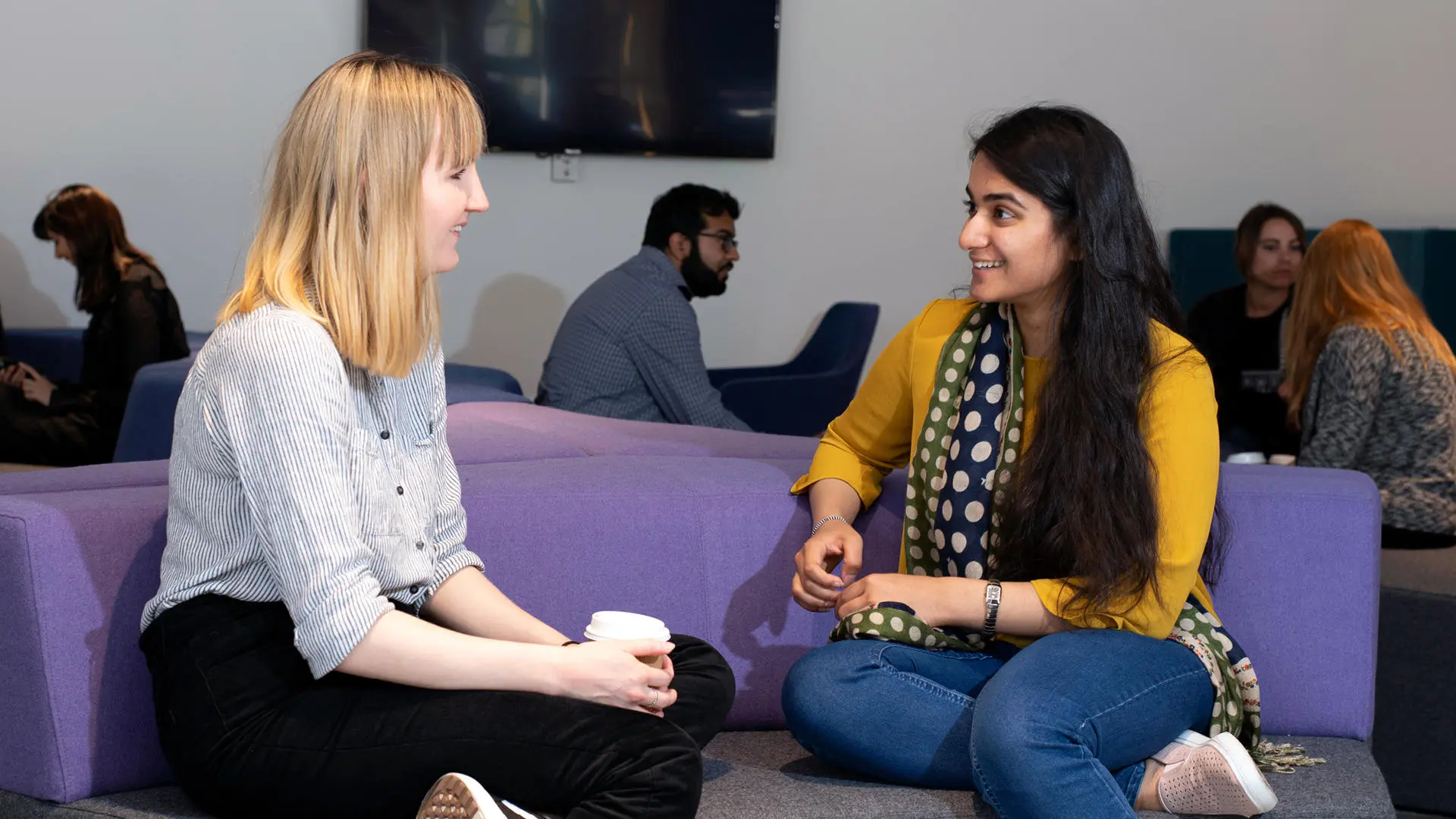Course Leader Paul Callaghan provides insight into how fieldtrips can boost your career prospects
Give us a brief overview of the trip to America:
“Going back a couple of years, just to give you a real outline, what I was trying to do was find some institutions that we could do some collaborations with. I’d looked everywhere and we originally used to take students to the Embry-Riddle Aeronautical University, this is something that we still do. There we do a disaster victim identification course.
“One of their lecturers came over to UCLan and we asked about other institutions that we could get in touch with. After that, we were put in touch with the DR Henry Lee institute which is part of the New Haven University in Connecticut. I did some research and knowing that Henry Lee is one of the most famous Forensic Scientists in the world, I made some enquiries and started to go through some biographies of who used to work there. I found that the assistant Dean, Olivia Maxwell had done a degree at Liverpool, a Masters at Derby and a PHD at Oxford. I contacted her directly as we started some dialogue.
“Two years ago we took seven third-year Forensic Science and Criminal Investigation Students who were just finishing University. Through the Henry Lee Institute they run a variety of courses and the course we take them on in Ballistic Reconstruction Course which is looking trajectory of bullets. That is just not possible in the UK, we don’t have that kind of capability.

“I was looking at setting something up in relation to employability, something that would give our students a little bit extra. Once the course is finished we travel over to New York City and get an opportunity to spend at a New York Police Department and watch a live post mortem. From a student perspective, it’s a phenomenal trip.
Going forward, when potential students hear about these kinds of trips, do you believe that this field trip can push the case to come to UCLan and study Forensics?
“Absolutely! We definitely get students coming here based off those two trips to Arizona and Connecticut alone. I hear people say that the reason they came to UCLan was because of those trips. On the Forensic Science and Criminal Investigation course, we have between 85 and 110 students but unfortunately, only about 10 go to Arizona and six or seven go to New York so it’s a case of they’ve got to be good students.
Looking at some of the activities you took part in, what exactly does the Ballistic Reconstruction course involve?
“It’s a professional development course so they are people from different police courses and generally they’re all sworn detectives. A lot of them will be linked to crime scene investigation units throughout America. It’s looking at the different types of bullets and ammunition used at shootings. Fortunately I suppose in many ways, we don’t have experience of that because we don’t deal with it as they do on a daily basis. It was a very good course because it was basic to start with so they take you right down to the basics of how far bullets can travel and why they travel in certain ways, how they react to different things and how it can change direction after hitting things. After that, we looked at more advanced scenarios such as whether someone has been shot through a vehicle, we looked at how can you place where that shot has come from. Dr Henry Lee physically taught on the course as well which was a very unique experience.
You said this course was to improve career prospects. How exactly can these trips do that?
“Both the trips are very helpful for this. The disaster victim identification course in Arizona is really unique because we physically run that course ourselves so we take our staff over there to run it. Over there we have a plane crash site with about twenty plane crashes on it. They are also real life plane crashes as well because what happens in the US is that once a plane crash investigation has finished which might take several years they donate the wreckage to the University in exactly the same way that it was found. We go and we set up body parts because the whole point is trying to identify everyone who has been on the plane.
“It’s similar with the Ballistic reconstruction because it’s not available in the UK, it just gives them another string to their bow. We’ve got a couple of former students who got interviews because they’d seen on his application that he had done the Ballistics course at the Henry Lee institute. The feedback that we received from their jobs was that our students really stood out because of their unique experiences.
“These experiences set our students out about everyone else. We know there are so many forensic courses and jobs in the UK at the moment and you’ve just got to be a little bit better than others when you are applying for jobs.
Why should students come to UCLan to study our Forensic courses?
“I think we’ve got some of the best teaching staff that I know of and our facilities here are second-to-none without question. From the CSI perspective, on the Forensic Science and Criminal Investigation degree, every of us are former practitioners. We’ve all been there and dealt with major crime. We’ve just brought Paul Wheeler who was the longest serving CSI in Manchester for 32 years so the experience he brings is incredible. We also teach to a national standard but we can also say teach with the perspective from real jobs that we have actually done. That’s a huge bonus.
“With regards to our facilities, look at things such as our Crime Scene houses. Lots of other universities have Crime Scene houses but just not to the extent that we’ve got them. They’re representative of real houses and real-life scenarios. It’s about making the whole experience as real as possible for students.
10 September 2018

